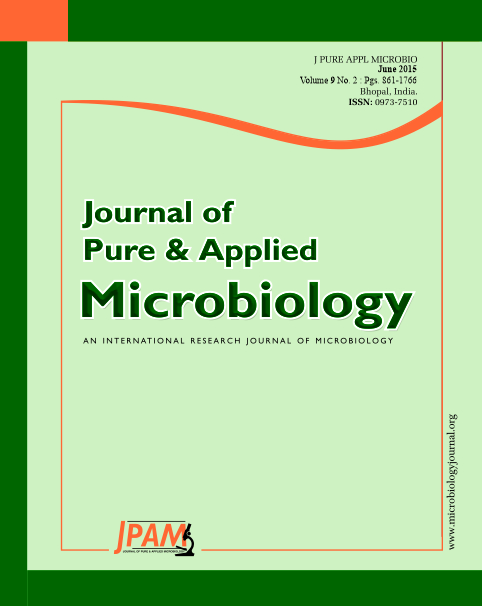The principal goal of agriculture is the production of high quality, safe and affordable food for an ever-increasing population worldwide. Furthermore, agricultural growers and producers have the additional constraints of economic profitability and sustainability. Looking at the negative environmental impact of chemical fertilizers, the use of beneficial soil microorganisms for sustainable and safe agriculture has increased globally during the last couple of decades. Plant growth promoting rhizobacteria are naturally occurring soil bacteria that assertively colonize plant roots and benefit plants by providing growth factors. Stress-relieving and antagonistic rhizobacteria might be useful in formulating new inoculants with combinations of different mechanisms of action, leading to a competent use for biocontrol strategies to improve cropping systems.
PGPR, Siderophore, P-solubilization, N-fixation, ACC-deaminase
© The Author(s) 2015. Open Access. This article is distributed under the terms of the Creative Commons Attribution 4.0 International License which permits unrestricted use, sharing, distribution, and reproduction in any medium, provided you give appropriate credit to the original author(s) and the source, provide a link to the Creative Commons license, and indicate if changes were made.


